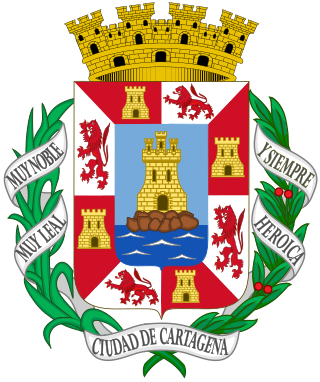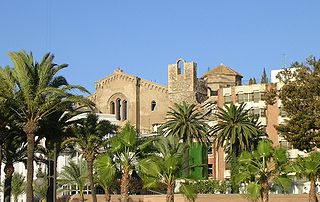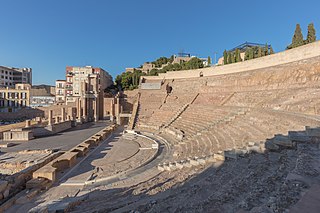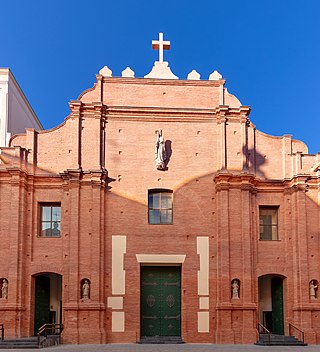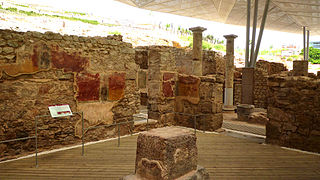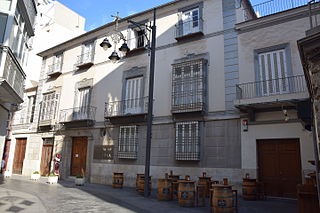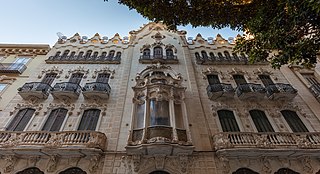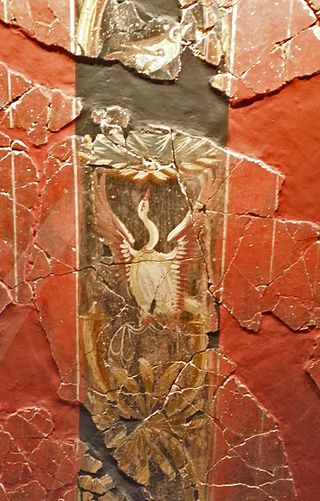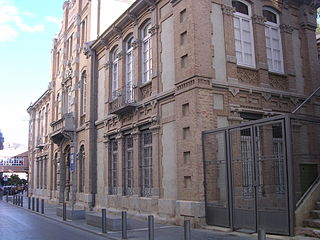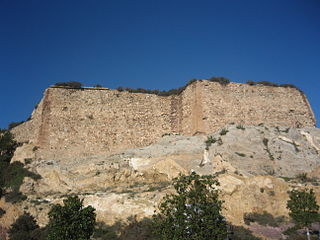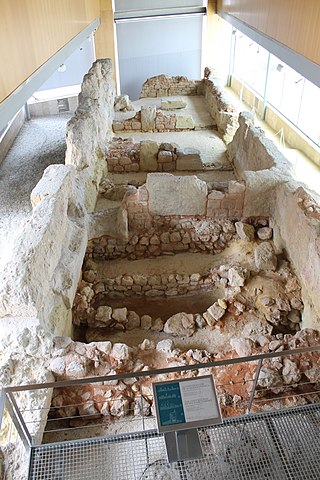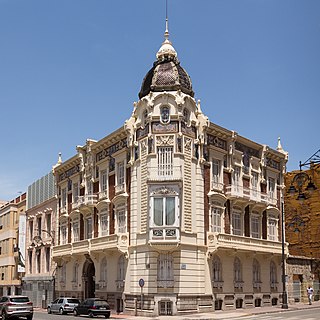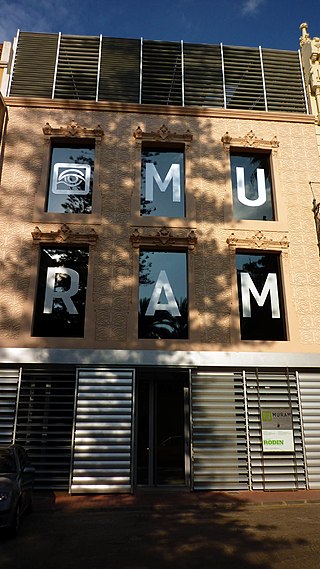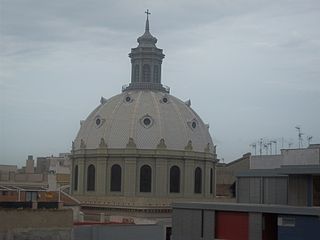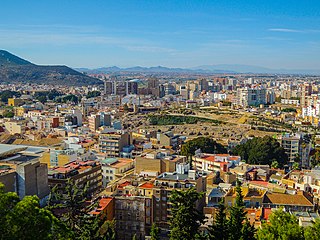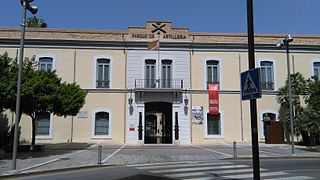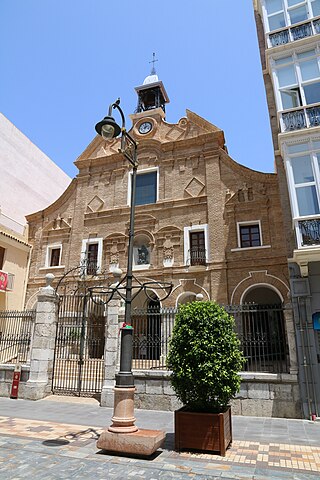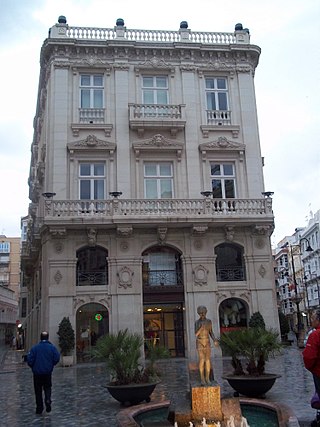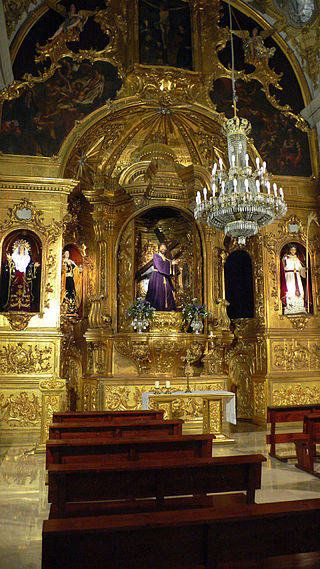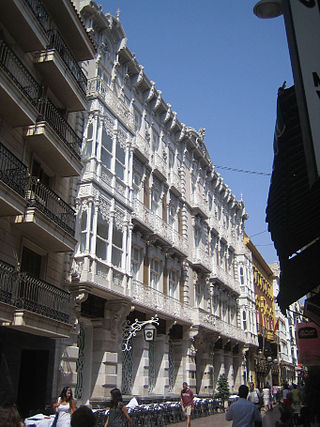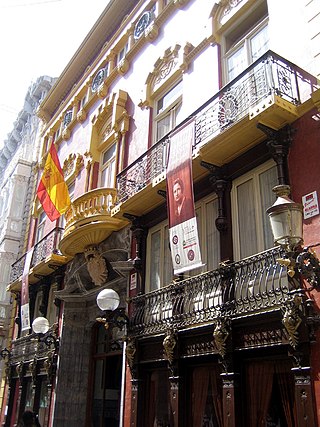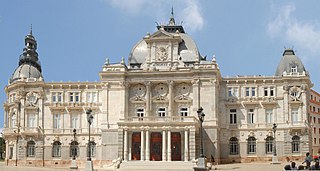Self-guided Sightseeing Tour #3 in Cartagena, Spain
Legend
Guided Free Walking Tours
Book free guided walking tours in Cartagena.
Guided Sightseeing Tours
Book guided sightseeing tours and activities in Cartagena.
Tour Facts
6.1 km
155 m
Experience Cartagena in Spain in a whole new way with our free self-guided sightseeing tour. This site not only offers you practical information and insider tips, but also a rich variety of activities and sights you shouldn't miss. Whether you love art and culture, want to explore historical sites or simply want to experience the vibrant atmosphere of a lively city - you'll find everything you need for your personal adventure here.
Activities in CartagenaIndividual Sights in CartagenaSight 1: Museo-Refugio de la Guerra Civil
The Museum-Refuge of the Civil War is an interpretation centre on the Spanish Civil War located in the city of Cartagena (Murcia).
Sight 2: Castillo de la Concepción
The castle of La Concepción or Asdrúbal is a medieval construction of the thirteenth or fourteenth century nestled on the hill of the same name that rises above Cartagena and its port. This castle is the one that is represented in the city's coat of arms.
Sight 3: Catedral de Santa María
The Cathedral of Cartagena in Spain, or the Cathedral of Santa María la Vieja, was a cathedral of the Diocese of Cartagena, located on the hill of La Concepción in the old town of Cartagena. It has been in ruins since 1939, when it was destroyed when Cartagena was shelled in the Spanish Civil War by Nationalist forces.
Sight 4: Teatro Romano de Cartagena
The Roman Theatre of Cartagena is a Roman theatre in the Roman colonia of Cartago Nova—present-day Cartagena, Spain. Built between the years 5 and 1 BCE, it had a capacity of some 6,000 spectators and was used for Roman theatrical performances during ancient Rome.
Sight 5: Iglesia de Santa María de Gracia
The church of Santa María de Gracia is a Catholic temple located in the old town of the Spanish city of Cartagena, and the nerve center of the Holy Week processions.
Wikipedia: Iglesia de Santa María de Gracia (Cartagena) (ES)
Sight 6: Barrio del foro Romano
The archaeological site of the Roman Forum Quarter is made up of a set of Roman buildings discovered in Cartagena, built around one of the main roads of the city at that time: the Decumanus. From this decumanus you could access a large thermal complex and a large building with an atrium that has been identified as a headquarters of a collegium.
Sight 7: Palacio Molina
The Palacio de Molina, also called the house-palace of Molina or mistakenly the palace of the Widow of Molina, is a palace built in the eighteenth century in the old town of the Spanish city of Cartagena. In 1986 a file was initiated to declare the building as an Asset of Cultural Interest, which however has not yet had a final resolution.
Sight 8: Casa Maestre
La Casa Maestre is a modernist-style residential property in Cartagena. It was built in the 1900s under a project by the architects Marceliano Coquillat and Víctor Beltrí, and is located in the Plaza de San Francisco. Since 2021 it has been listed as an Asset of Cultural Interest (BIC).
Sight 9: Casa de la Fortuna
Get Ticket*La Casa de la Fortuna is an archaeological site located in the city of Cartagena, Region of Murcia, Spain. It is a Roman domus from the first century BC. whose access is located in the Plaza de Risueño.
Sight 10: Escuelas Graduadas
The Graduate Schools of Cartagena were the first educational centers in Spain to divide students by age and level, in addition to having properly sanitized classrooms for this purpose. The building where the classes were taught is located in the Spanish city of Cartagena, specifically on Gisbert Street in the old town, and has been declared an Asset of Cultural Interest since May 21, 2004.
Sight 11: Castillo de Despeñaperros
Despeñaperros Castle, also known as San José Castle, is a castle built in the 11th century in the historic center of Cartagena, Murcia Region in Spain. It was declared a cultural site on 7 August 1997. The walls are composed of masonry and generally flat. The interior of the fortification is divided in two perimeters, the lower with rooms for the occupants and a water reservoir, and an upper space occupied by the cannons, and which has lost gunships.
Sight 12: Centro de Interpretación de la Muralla Púnica
The Punic wall of Cartagena is an archaeological site from the 3rd century BC in which can be seen the first defensive wall of Cartagena, built by the Carthaginians.
Sight 13: Muralla Púnica
The Punic wall of Cartagena is an archaeological site from the 3rd century BC in which can be seen the first defensive wall of Cartagena, built by the Carthaginians.
Sight 14: Palacio de Aguirre
The Palacio de Aguirre in Cartagena is a modernist construction by the architect Víctor Beltrí.
Sight 15: M.U.R.A.M.
The Regional Museum of Modern Art (MURAM) is a contemporary art museum located in the Spanish city of Cartagena (Murcia).
Sight 16: Real Basílica de Nuestra Señora de la Caridad
The Royal Basilica of Our Lady of Charity is a neoclassical Catholic temple with a metal structure located in the Spanish city of Cartagena, in the Region of Murcia. Its interior, dominated by the dome, is reminiscent of many spaces of the same artistic trend, based in turn on Agrippa's Pantheon.
Sight 17: Molinete
The Arx Asdrubalis is as it was known in ancient times one of the five hills where the urban enclosure of Qart Hadasht was built. It was on this hill where, according to the historian Polybius, the palace of the Carthaginian general and founder of the city Hasdrubal the Fair was located, which has not yet been located. It currently corresponds to the Molinete hill.
Sight 18: Museo de Artillería
The Museo Histórico Militar de Cartagena is a military museum dedicated to Spanish Army History. It is located in Cartagena, Spain
Wikipedia: Historical Military Museum of Cartagena (Spain) (EN)
Sight 19: Iglesia del Carmen
The church of Nuestra Señora del Carmen is a Catholic temple located in the old town of the Spanish city of Cartagena.
Sight 20: Casa Pedreño
The Pedreño Palace, also known as Casa Pedreño, is an eclectic building built in the Spanish city of Cartagena – Region of Murcia – by the architect Carlos Mancha in 1875. It is located at the confluence of Sagasta, Carmen and Santa Florentina streets, at the Puerta de Murcia and with the statue of El Icue in front of it.
Sight 21: Iglesia de Santo Domingo
The Military Church of Santo Domingo is a Roman Catholic church located on Calle Mayor in the Spanish city of Cartagena.
Sight 22: Casa Cervantes
The Cervantes House is a modernist house built by the architect Víctor Beltrí in 1900, located on the Calle Mayor in the Spanish city of Cartagena.
Sight 23: Palacio de Casa Tilly
The Casino de Cartagena is a private institution established in the first half of the nineteenth century in the city of Cartagena (Murcia) Spain. Similar to the casinos and cultural circles that proliferated in those years.
Sight 24: Palacio Consistorial de Cartagena
The Cartagena City Hall, also known as the Cartagena City Hall, is one of the main modernist buildings in the city of Cartagena built between 1900 and 1907, the work of the Valladolid architect Tomás Rico Valarino.
Sight 25: Peral
Peral was the first successful submarine to be entirely powered by electric batteries and the first fully military-capable submarine in history. It was built by the Spanish engineer and sailor Isaac Peral for the Spanish Navy at the Arsenal de la Carraca, the submarine was launched on 8 September 1888.
Share
Disclaimer Please be aware of your surroundings and do not enter private property. We are not liable for any damages that occur during the tours.
GPX-Download For navigation apps and GPS devices you can download the tour as a GPX file.
